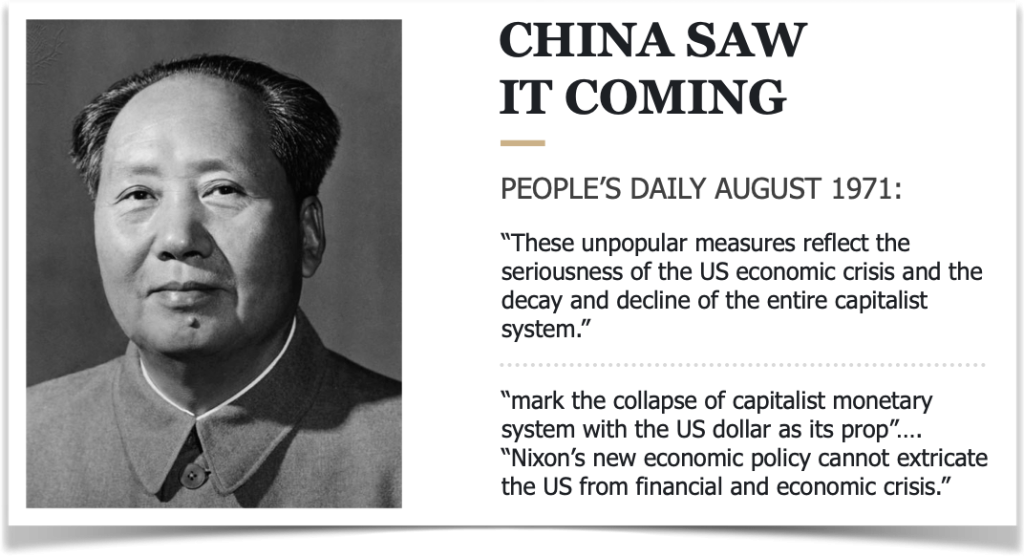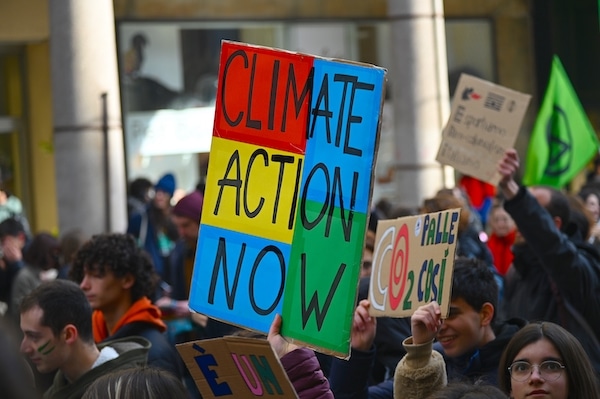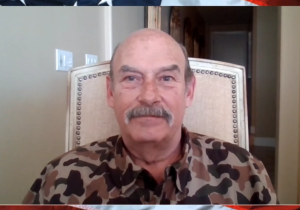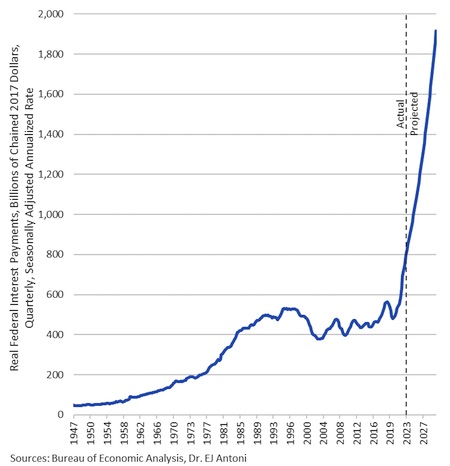It’s long been recognised that complex societies[4] by their very nature become socially hierarchal in nature[5], with ‘power’ structures arising from the organisational requirements of living in large social groupings[6].
As archaeologist Joseph Tainter points out in The Collapse of Complex Societies[7]: where more complex political differentiation exists, permanent positions of authority/rank can exist in an ‘office’ that can be hereditary in nature; inequality becomes more pervasive; these groups tend to be larger and more densely populated; political organisation is larger, extending beyond local community; a political economy arises with rank having authority to direct labour and economic surpluses; and, with greater size comes a need for more social organisation that is less dependent upon kinship relations (ties that have historically constrained individual political ambitions).
Tainter goes on to point out that ‘States’ are characterized by their territorial organisation (i.e. membership determined by place of birth/residence). In addition, “a ruling authority monopolizes sovereignty and delegates all power”, with the ruling class being non-kinship-based professionals that hold a monopoly on force within the territory (e.g. taxes, laws, draft) and is validated by a state-wide ideology[8]. Maintaining territorial integrity becomes stressed and being more populated society becomes even more stratified and specialized, particularly with regard to occupation.
Further, complex states like their simpler societies must divert resources and activities to legitimizing authority in order for the political system to survive. While coercion can ensure some compliance, it is a more costly approach than moral validity. As a result states tend to focus on a symbolic and sacred ‘centre’ (necessarily independent of its various territorial parts), which is why they always have an official religion, linking leadership to the supernatural (which helps unify different groups/regions). When other avenues for retaining power arise, the need for such religious integration recedes — although not the sense of the sacred.
As social psychology has demonstrated, human deference/obedience to authority is a significant tendency. In a complex society that invariably develops hierarchical structures that facilitate organisation as it grows in size and complexity, this propensity can be — and pre/history shows it has been — leveraged by a society’s rulers to ensure efficiency but also to maintain compliance and control, regardless of its pursuit of ‘equality’ or ‘democratisation’[9].
I have the feeling that this deference to authority is perhaps one of the more problematic of human tendencies, especially as we glide down the Seneca Cliff of cheap resource availability (especially energy) and all the knock-on effects of this.
As Tainter further argues about complex societies, those at the top of human social hierarchies work hard to maintain their privileged position using coercion, moral validity, or a combination of the two. A ‘moral’ validation is developed by creating a narrative that the status/authority of the ruling elite is due to their directly descending from the gods, through to, more recently, it being based upon the will of the people.
There is likely no higher motive for the ruling class than to maintain their positions atop a complex society’s organisational structures. In fact, one of the beliefs that I have developed over the years and have argued is that the primary motivation of the ruling class is the control/expansion/maintenance of the wealth-generation/-extraction systems that provide their revenue streams and thus the power/prestige that they tend to seek[10].
In addition, as Lord Acton has been credited with observing: power corrupts and absolute power corrupts absolutely[11]. The research is still relatively young in this area and while most suggests power can but doesn’t always corrupt, there is still not definitive consensus upon the idea[12]. So once in power, it can be argued, all sorts of machinations are employed to keep and/or expand an individual’s/family’s/group’s hold on it. It is certainly not always in the best interests of the ruling elite, however, for the ruled to know about or believe such manipulations occur for they do require the consent of the governed, even in totalitarian regimes. Note that on the rare occasion when the curtain is drawn back to expose corruption/nepotism/criminal behaviour/etc., the incident is explained away or viewed as a one-off by a lone wolf or group (usually political opposition) and do not have the best interests of the people in mind as all the rest do (#sarc).
As a result of our tendency to trust/obey authorities, humans are susceptible to narrative control/propaganda. And one must consider that the ruling elite are well aware of this fact and leverage it to their advantage. Perhaps nowhere is this made more obvious than in the research and writings of the ‘father of propaganda’ and US government consultant, Edward Bernays, particularly within his seminal text Propaganda where he outlines the necessity of narrative control in complex societies:
“The conscious and intelligent manipulation of the organized habits and opinions of the masses is an important element in democratic society. Those who manipulate this unseen mechanism of society constitute an invisible government which is the true ruling power of our country. …We are governed, our minds are molded, our tastes formed, our ideas suggested, largely by men we have never heard of. This is a logical result of the way in which our democratic society is organized. Vast numbers of human beings must cooperate in this manner if they are to live together as a smoothly functioning society. …In almost every act of our daily lives, whether in the sphere of politics or business, in our social conduct or our ethical thinking, we are dominated by the relatively small number of persons…who understand the mental processes and social patterns of the masses. It is they who pull the wires which control the public mind.” [13]
One can additionally look at the expenditures (hundreds of billions of US dollars) diverted to advertising by businesses[14] to support this argument. If marketing/narrative control was ineffective, neither businesses nor governments would spend so much of their time and wealth employing it in attempts at being ‘persuasive’. Suffice it to say, our ruling class is well aware of the psychological mechanisms at play in forming beliefs, and have been for some time.
It may be that humanity’s deference to authority is one of our most perilous psychological tendencies as we increasingly experience the negative consequences of ecological overshoot. It is because of this behaviour that we can be drawn into and blindly accept maladaptive strategies that are offered up by our ‘leaders’. As crises emerge, our ruling class will offer ‘solutions’ but one’s that do not do what they are marketed as doing but, in fact, quite often the exact opposite — such as the stories we are told about non-renewable, renewable energy-harvesting technologies and their ability to support not only our current complexities but continued growth in a clean and sustainable fashion[15].
As the energy/resource descent proceeds and possibly accelerates we might expect that those who ‘manage’ our narratives to expand their efforts to mask ‘collapse’[16], use it to highlight the evils of our ‘enemies’ so as to deflect anger from our own ruling class[17], and/or leverage crises to their advantage[18].
In addition, many if not most of the developments we have come to ‘celebrate’ as symbolic of our ingenuity (e.g., technology) and the language we use (e.g., progress, success) are mostly if not entirely energetically- and ecologically-blind. They tend to elevate one specific aspect of our existence (e.g., economic growth), ignore the negative consequences of their favoured narrative (e.g., biodiversity impacts are not relevant), and then encourage adaptations that align with this but are the exact opposite of what we likely need to be doing (e.g., degrowth). Pursuing such a maladaptive strategy, however, does benefit the ruling class who tends to own or be heavily invested in the industrial processes needed and/or the financial institutions required for growth to take place.
Given all the above, deference to authority can be viewed as an exceedingly problematic tendency that could well lead us into significantly more difficult times than we have experienced to date — in fact, likely speeding up the collapse that always accompanies a species overshooting its natural environmental carrying capacity. If our ‘leaders’ adopt and/or encourage maladaptation to our predicament and we mindlessly obey because that is what we do, we end up making our circumstances worse but end up cheering them on because to do otherwise leads to extremely anxiety-provoking emotions.
It can be argued that we don’t solve anything, for example, by pursuing non-renewable renewables (and increasing ecological destruction), we simply further reduce human carrying capacity. But in the thirst for expanding their revenue streams, our ‘authorities’ will market/cheerlead such consumer products as a panacea for perceived ‘problems’, relegating the negative consequences to the sphere of misinformation and/or ostracising/censoring those who raise them while raiding national ‘treasuries’, all the while ensuring the masses hear the message that what they are doing is great for ‘the people’ and their non-negotiable way of life[19].
As we continue to descend our energy/resource cliffs, it will be increasingly important to come to the realisation that there are no white knights coming to the rescue — especially from the ruling class. The solutions being pushed/marketed by those at the top of our social power structures should not be trusted just because they are in positions of authority; they need to be viewed for what they tend to be: a leveraging of ‘power’ to expand/maintain privilege and wealth.
We cannot grow or spend our way out of overshoot; in fact, we do the opposite in trying this. We cannot continue to destroy the planet with alternatives to fossil fuels and expect to avoid collapse in the process. We need to be considering that we are being led astray by people and groups who do not in any way have our best interests in mind.
‘Salvation’ is not likely to be found in our hierarchical social structures but perhaps within our close kinship-based circles[20].























